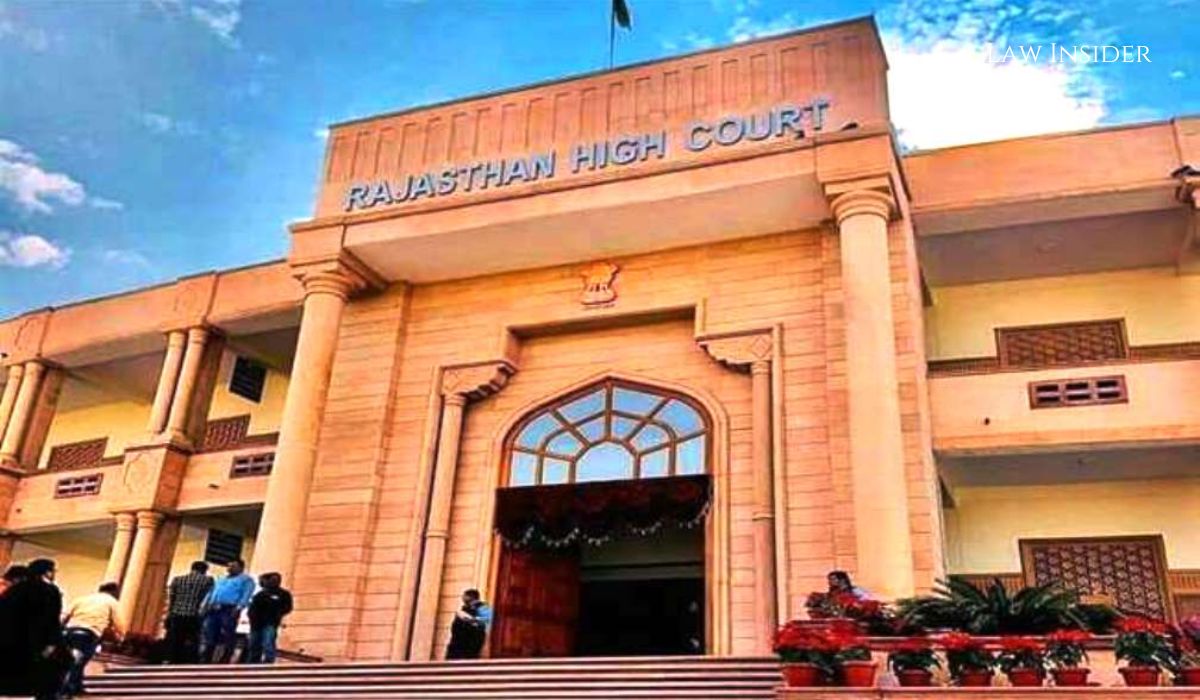LI Network
Published on: February 9, 2024 at 16:03 IST
The Rajasthan High Court, in a significant ruling, has permitted the impleading of the donor and donee in a gift deed related to the same suit property involved in a specific performance suit.
Justice Anoop Kumar Dhand, presiding over a single-judge bench, observed that allowing the subsequent purchaser to participate in the specific performance suit would avoid unnecessary complications and multiplicity of litigation.
The Court held that the trial court should have granted the application made by the petitioner under Order 1 Rule 10 CPC to prevent multiplicity of litigation.
Additionally, the bench recommended allowing the application under Order 6 Rule 17 for amending the original suit, specifically challenging the validity of the registered gift deed executed after the sale agreement and the filing of the suit.
The petitioner sought the amendment to challenge the gift deed’s validity, and the court agreed that impleading the donor and donee as defendants in the ongoing suit was essential to avoid complications.
The Court referred to legal precedents, including A. Nawab John v. V N Subhramaniyam (2012) and Amit Kumar Shaw & Anr v. Farida Khatoon & Anr (2005), asserting that it is not rigid to exclude subsequent property purchasers from specific performance suits.
Citing relevant portions from Sumti Bai v. Paras Finance Company (2007), Justice Dhand highlighted that the apex court held that impleading a third party in a specific performance suit is permissible to avoid multiplicity of proceedings.
The case, titled Harish Kumar v. Usha Devi & Ors, originated from a registered agreement of sale in 2008, and the subsequent refusal to execute the sale deed led the petitioner to file a specific performance suit.
During the litigation, a registered gift deed was executed by the uncle of two respondents in favor of the daughter of another respondent in 2018.
The petitioner’s applications for impleadment and amendment were rejected by the trial court, leading to the challenge in the Rajasthan High Court.
Case Title: Harish Kumar v. Usha Devi & Ors

